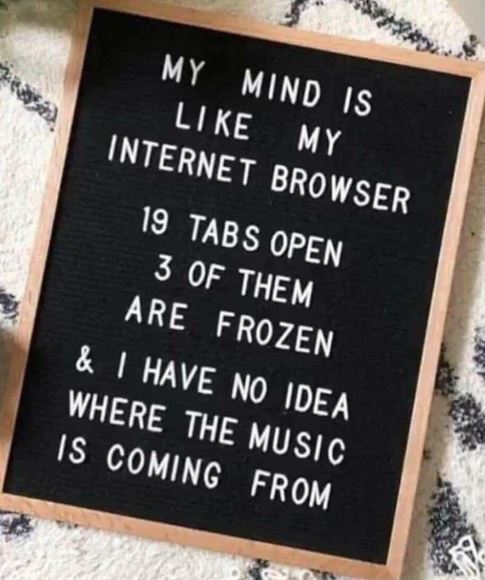
We love your nervous system! It allows your body to process and balance many types of stimuli during your day. Just as there are different types of stimulation, there are also different types of tiredness that your body and brain experiences (yet another reason to look after your nervous system). Here are some key types of tiredness and ways to support your body through them…
Normal physical tiredness: This might be the one you feel most often after an exercise session or a big day. The great news is that sleeping and resting usually resolves this type of tiredness. It generally shouldn’t become a problem if you are allowing your body to get enough rest and sleep regularly. Talk to us at your next appointment if you struggle to bounce back from this – it might be a simple case of reviewing your supplement doses.

Tired but wired: This is when you struggle to turn off and relax. Your nervous system might be full of adrenaline and it feels like you’re stuck in “fight or flight” mode. Anything that calms your nervous system is ideal for this. It might be deep breathing, turning off devices, doing yoga, cooking or having a bath etc. Learn the things that calm your nervous system and keep them at the ready if you tend to feel this type of tiredness regularly.
Social tiredness: This is often experienced as a heavy tired feeling. It tends to be felt after you’ve been dealing with a person or group who require a lot of your energy or emotion. It helps to plan these interactions so that you have some down-time afterwards. It may also be helpful to set some boundaries around how much time you spend in those situations. Being accepting of yourself and the people around you is a useful mindset to practice if you find yourself feeling this type of tiredness regularly.
Sensory overwhelm tiredness: This can be caused by busy, crowded places or overstimulating situations. This bombardment of stimuli to your nervous system can be stressful if there’s no respite. Understand what turns your nervous system on and find ways to balance those situations with calmer ones.

Mental tiredness: This can feel like you’re surrounded by your thoughts and is sometimes described as a buzz in your head. This usually indicates that your brain has been doing some hard work and needs a break from mental activities (for now). It might be that you put down the spreadsheet and go for a short walk, or turn off the TV and water your plants. Give your brain a task it can do easily and allow it to take a small break from the mental heavy-lifting.
Situational tiredness: Your body is designed to experience a variety of situations throughout your day – creativity, physical activity, social interactions, resting, learning etc. Your brain has different patterns and rhythms throughout the day so we naturally need different situations at different times. Pay attention to environments or times that make you feel more energised or depleted. It may be that if you’re struggling with an activity at a certain time of day, your brain is better off moving on to something else. “Go and do something different” is the mantra for this type of tiredness.
Pain tiredness: Pain itself can be extremely tiring. Particularly if you are experiencing it on a regular basis. This type of tiredness can be emotional and physical in nature. It is usually experienced as either a dull, flat feeling OR it urges your brain to do something for relief. When experiencing this, treat your body with huge amounts of care to help calm your nervous system. Finding effective pain relief is also important. Talk to your chiropractor or other healthcare provider about what’s best for you.

Each of these types needs to be addressed and supported in a different way; so it helps to recognise which one you might be feeling on any given day. Our bodies are not as indestructible as we would hope – and this applies to our kids too! Parents, you know when your child is “overtired” (tired but wired) or “peopled out” (social or situational tiredness) and you take steps to move them to a calmer situation for some rest. Do this for yourself too! Allowing yourself the space and time to recover from any type of tiredness is important for your long-term health. Visiting your chiropractor regularly is one way to do this. Chiropractic care provides support to your nervous system, which helps it cope with the various situations you’re in each day.
When are we seeing you again? Book online here or call 07 578 0875

0 Comments